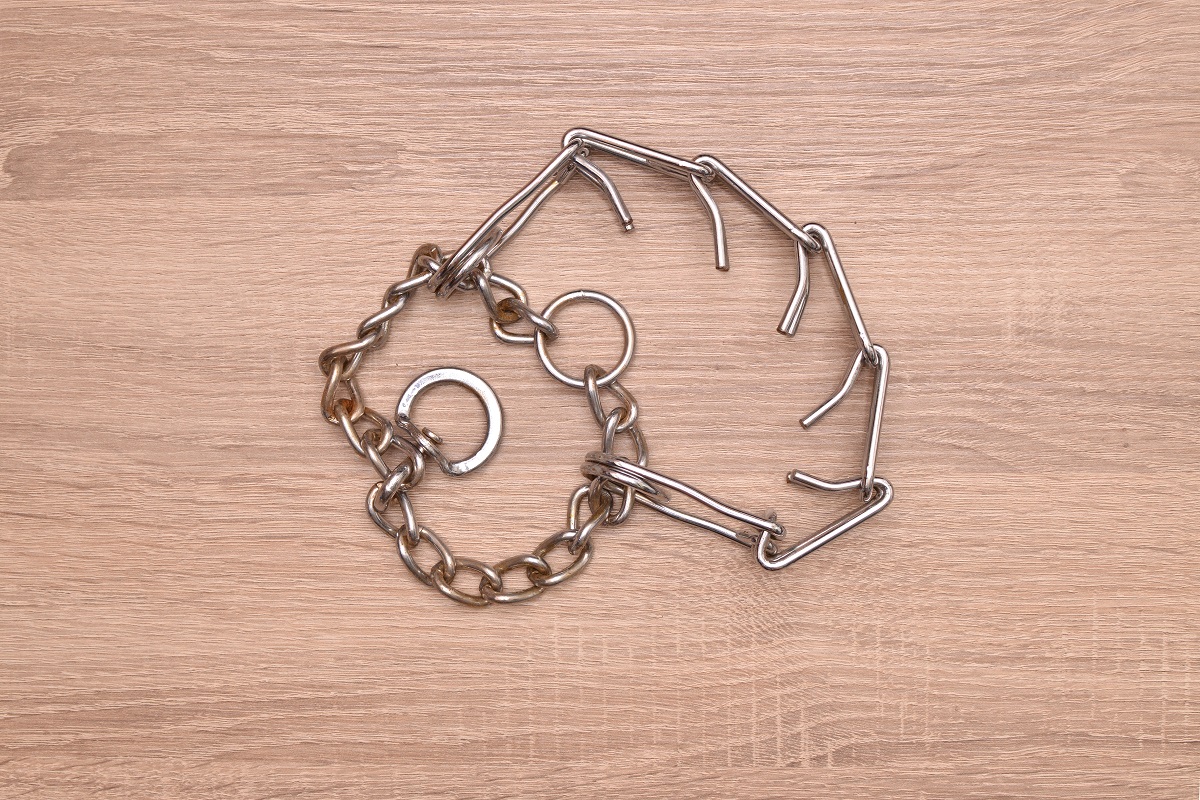The use of prong collars and other inhumane practices are set to be banned as part of Queensland’s biggest animal welfare law reforms in over 20 years.
Mark Furner, Minister for Agricultural Industry Development and Fisheries and Minister for Rural Communities, said the government is delivering on its election commitment to review the Animal Care and Protection Act 2001.
“Queensland already has some of the strongest animal welfare laws in the country, but we wanted to make sure the Act was current and reflected community expectations. The community said to us overwhelmingly inhumane practices like the use of pronged collars have to stop.
“These collars are designed to train or restrain animals by injuring them and the fact is there are better ways to train our family pets. That’s why new amendments to the Act will ban these collars as well as other inhumane practices like the firing of a horse or dog’s legs as a means of treating injuries.”
The move has been welcomed by the Pet Professional Guild Australia (PPGA), which said that although data demonstrating the exact damage that can be caused by prong and choke collars is incomplete, experience has shown that soft tissue injuries are common and they can also cause damage to the animal-human relationship results.
“Studies and the experience of the PPGA’s membership finds that training and behaviour problems are consistently and effectively solved without the use of choke or prong collars but with the alternative and positive methods of reinforcing the animal-human bond.
“Evidence indicates that rather than speeding the learning process, harsh training methods actually slow the training process, add to the animal’s stress and can result in both short-term and long-term psychological damage to animals,” the PPGA said in a statement.
Other key amendments include:
- Prohibition on the use of yellow phosphorous pig poison.
- Strengthening enforcement powers for inspectors and
- Delivering on an election commitment to allow pregnancy testing of cattle by accredited laypersons.
To stay up-to-date on the latest industry headlines, sign up to the Pet Industry News e-newsletter.

